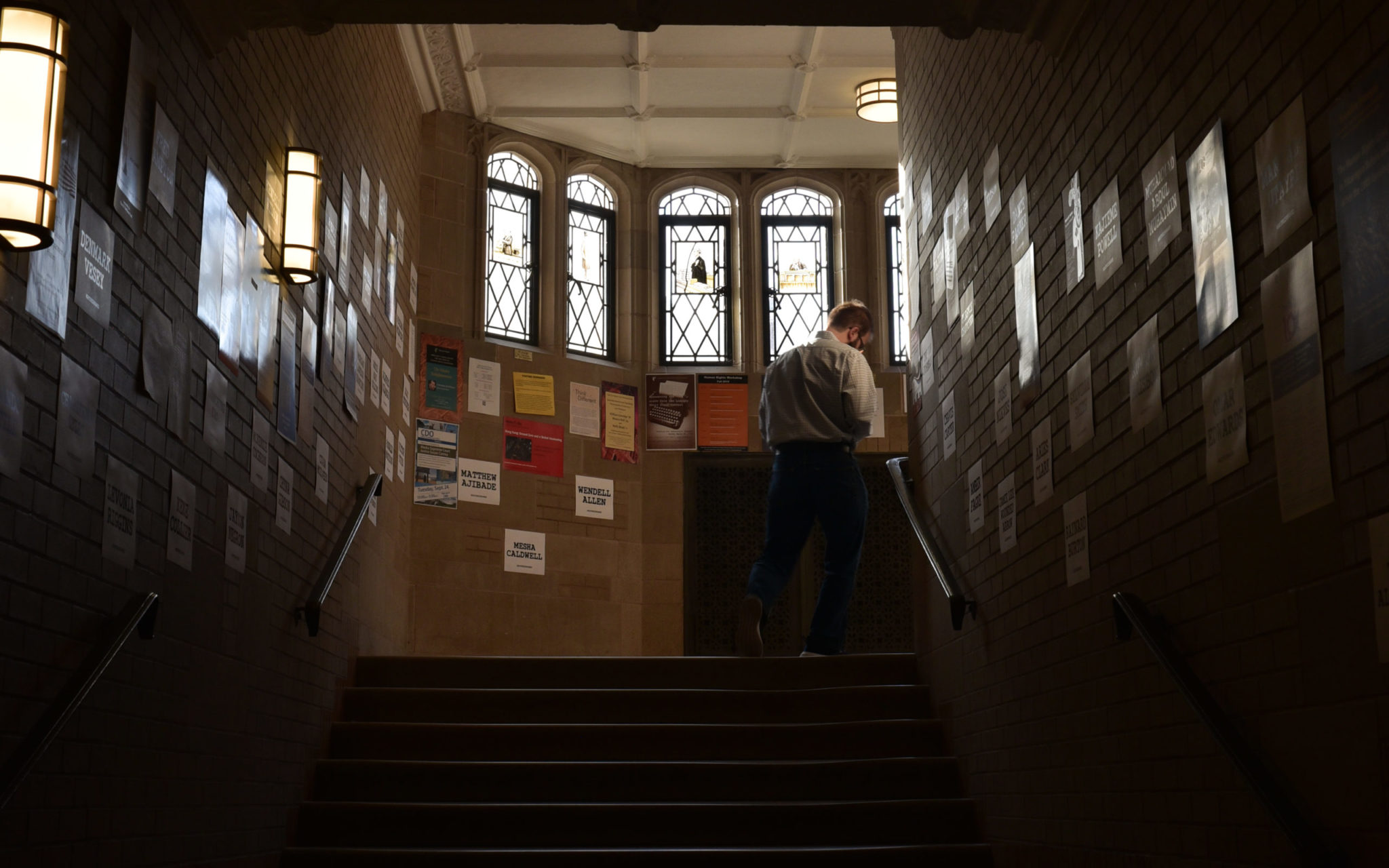
Ryan Chiao
Now that one fifth of the federal judiciary has been appointed by the Trump administration, many progressive law students have expressed reluctance to apply for clerkships with Trump appointees, who trend conservative.
Earlier this month, the Boston Globe reported that Harvard Law School reached out to students urging them to pursue clerkships with Trump appointed judges, as some appointees had not received any applications from Harvard. Several Yale Law School students interviewed by the News said that many liberal students are often reluctant to clerk for conservative Trump appointees. Because judges also hire clerks at their discretion — often selecting those with similar political beliefs — conservative law students have had an easier time obtaining highly competitive clerkships, they said.
“I think it’s well known that there is a conservative pipeline that exists,” Jeff Guo LAW ’20 said. “I think part of the problem is that the idea of the clerkship has evolved over time, and the status that is associated with it is not historical. There’s this thing that everyone’s supposed to want and that it can be easier for people of a certain political bent to get.”
Not all judges hire in accordance with ideology, however. U.S. District Judge for the Western District of Louisiana Honorable Terry A. Doughty, who was appointed by President Trump in 2018, told the News that he has no political preference regarding his clerks.
“That may be the case for others, but not with me,” Doughty said in an interview with the News.
All federal judges are bound to a “hiring plan” that prevents them from hiring clerks until the June after their second year of law school. This is designed to cultivate an even playing field for students in a highly competitive applicant pool.
Within Yale Law School, a variety of student-run groups represent political orientations across the spectrum. Some political groups, such as the Federalist Society, the school’s chapter of a national conservative legal group, provide a framework for procuring a clerkship with judges with specific political identities. Some law students interviewed by the News said this may create unfair advantages for conservative students pursuing clerkships.
Members of the Federalist Society did not respond to requests for comment.
For her part, Sarah Lamsifer LAW ’21 told the News that students seeking clerkships with conservative judges have an easier time compared to their progressive counterparts because those judges are more likely to “flout” the hiring plan. She added that liberal students at YLS are generally unlikely to clerk for conservative judges.
Other students pondered the obstacles, in addition to political orientation, YLS students may encounter when seeking career development.
“People who don’t have access to start with have a hard time getting access to [selective opportunities],” said Evelin Caro LAW ’22, who comes from a first-generation, low-income background. “It feels unfair that some people have more access and opportunities because of where they come from.”
One YLS student, who requested to remain anonymous due to concerns for their career prospects, raised concerns regarding recent political polarization and its impact on job opportunities for progressive law students. The student commented that the majority of law students at Yale and peer institutions identify as progressive and thus struggle to find clerkships. There are increasingly fewer progressive judges as Trump appointees grow in number, the law student said.
Trump has appointed 187 federal judges to date.
John Besche | john.besche@yale.edu
Clarification, Feb. 5: The headline for this article has been updated to better describe the students quoted in it.







